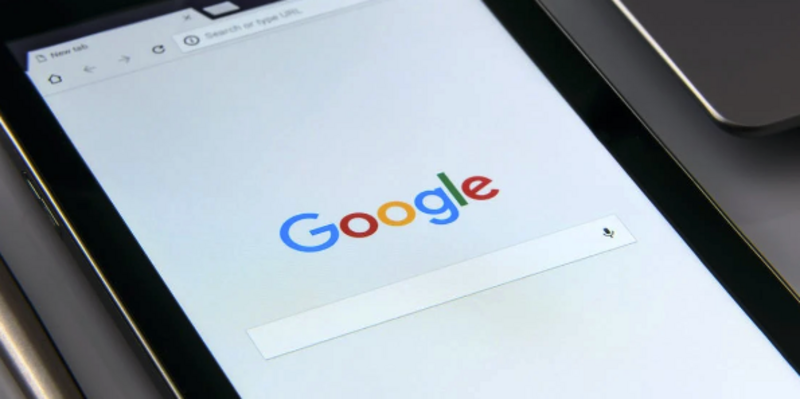British-Canadian computer scientist and University of Toronto professor Geoffrey Hinton—known as one of the three “Godfathers of AI”—stepped down from his role at Google’s AI division so he could freely talk about the dangers AI currently poses.
- In 2012, Hinton, along with two U of T students, developed a neural network which became the intellectual bedrock of large language model chatbots like ChatGPT.
According to the NYT: “Hinton was happy with how Google used AI until Microsoft launched the new OpenAI-infused Bing, challenging Google’s core business and sparking a code red response inside the search giant. Such fierce competition might be impossible to stop.”
- His most immediate concern is that the average person would be unable to “know what is true anymore,” between phony Drake songs and deep fakes of world leaders.
- As for worst-case scenarios, Hinton recently told CBS News that "it's not inconceivable" AI could get to the stage where it wipes out all of humanity.
Why it matters: This isn’t quite like the time business leaders asked for all AI research to pause—mainly so they could play catch up. Hinton wrote the book on deep AI learning (literally) and his criticism of it is, in a way, a criticism of his entire life’s work.
Zoom out: Hinton isn’t the only AI luminary sounding the alarm. Last month, 19 current and former leaders of the Association for the Advancement of Artificial Intelligence published an open letter calling on the industry to expand efforts on safety, reliability, ethics, and influence.
Yes, but: Humanity has a tendency to keep tinkering with dangerous things so long as they pose lots of promise—ever heard of nuclear? Given the potential AI offers to improve lives (and make money), a handful of dissenters likely won’t be able to turn the tide.—QH
